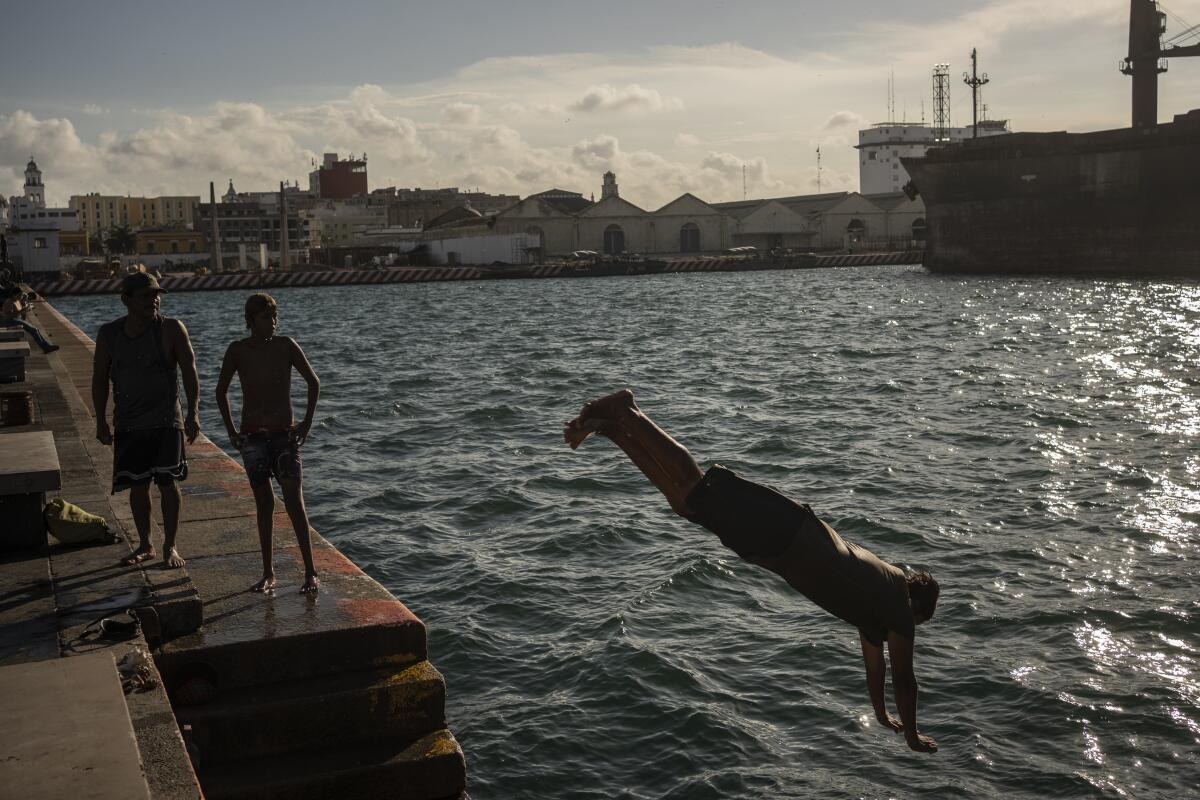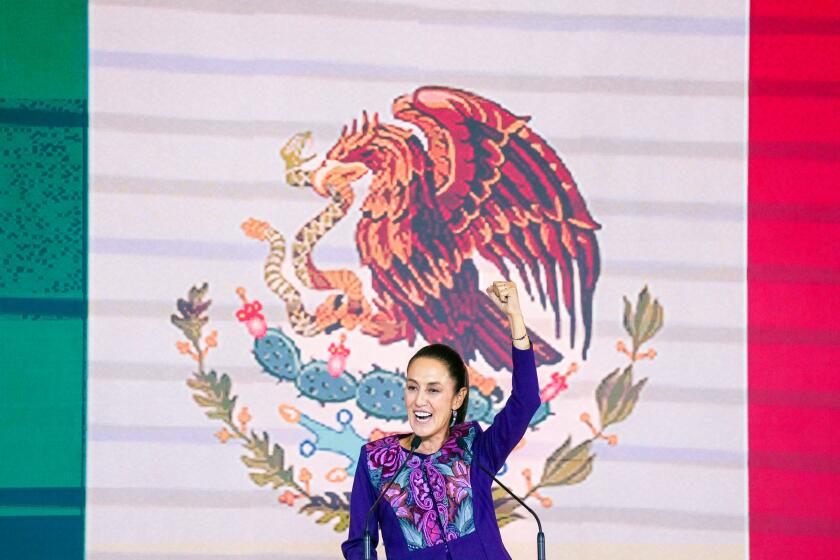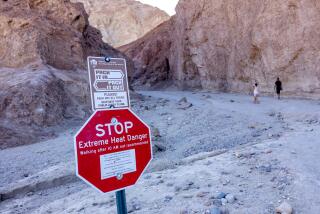Heat wave claims lives of at least 125 in Mexico this year, hitting country’s most vulnerable

VERACRUZ, Mexico — When the nursing home in southern Mexico began to bake in the country’s ongoing heat wave, staff cycled their elderly residents through the few cooling options they had.
First, some would sit in front of fans buzzing in the sweltering heat of Veracruz. Then they’d be moved in front of the building’s few treasured air conditioning units. Then it was back to the record-breaking temperatures roiling the Veracruz state.
Anything to get through the climate change-fueled heat wave, which has left much of Mexico grappling with the mounting human toll of the heat.
“We have never before experienced a heat wave this intense, this powerful, this pervasive and this persistent,” said Maria Teresa Mendoza, director of the Cogra nursing home, operating for decades in the port of Veracruz. “This heat wave has killed many people here in Veracruz.”
The challenge in Mexico City, built amid lakes by the Aztecs, had long been getting rid of water, not storing it. Now its taps are running dry.
At least 125 people in Mexico have died because of the heat this year, according to data from the country’s health ministry. More than 2,300 more have suffered heat stroke, dehydration and sunburns.
The heat deaths and larger ripple effects in Mexico have underscored the disproportionate effects climate change and rising global temperatures are having on some of the world’s most vulnerable.
Victims in Veracruz have made up nearly a third of the deaths as temperatures have reached 100 degrees in the humid Mexican gulf state. Caregivers like Mendoza have been left scrambling to ease the suffering of her patients.
She’s ‘El Chapo’ Guzman’s lawyer, using her bond with Mexico’s most notorious cartel kingpin to launch a singing career. Onstage, she’s La Abogada.
On Sunday, Mendoza stood in front of a group of elderly women in rocking chairs, many with their heads nodding downward because of the heat, which was hardly pierced by a set of fans rotating in front of them.
“We’re going to drink a bit of water. Sounds good?” she said. “Those are my girls.”
The heat has had cascading effects across Mexico. Howler monkeys and tropical birds have dropped dead from trees in southern Mexico. Residents scramble to fill up jugs of water, concerned about the heat compounding ongoing drought. Migrants walk north with little to ease the beating sun.
Emergency services in Veracruz have been responding to a greater number of heat-related emergencies in areas like warehouses and even open air spaces.
David Zebadua Escalente, coordinator of state relief for the Mexican Red Cross in Veracruz, said medics respond to as many as five heat strokes a day. As a result, teams began rigging ambulances with ice and other equipment in an effort to save lives.
Ukrainians displaced by war find new purpose in Shakespeare’s play of love, loss and madness, bringing their blood-red version to the bard’s hometown.
“We had to take certain measures in the ambulances, like putting ice packs inside, cold liquids, cold compresses so we could treat people who have had heat stroke,” he said.
He said medics often attend to people working long hours in the sun, with few breaks and little water, which makes people more vulnerable to heat stroke.
Meanwhile, construction workers like Jorge Misael Ródriguez keep on working. Drenched in sweat, Misael Ródriguez carries heavy equipment, bricks and planks on the site.
For years, women have made inroads into Mexican politics thanks to a 2019 constitutional reform requiring gender parity in all elected posts.
“You feel feverish, feel pain, and get tons of headaches. Once you’re at home, the pain starts. In your shoulders, back and arms,” Misael Ródriguez said, gulping down water during a break. “It hits you hard.”
Associated Press writer Márquez reported from Veracruz, Janetsky from Mexico City.
More to Read
Sign up for Essential California
The most important California stories and recommendations in your inbox every morning.
You may occasionally receive promotional content from the Los Angeles Times.














